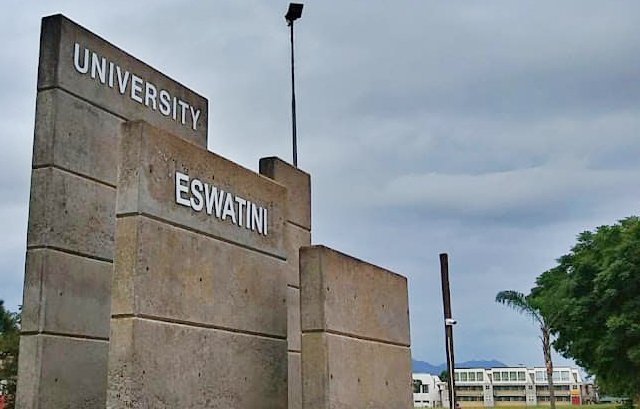The University of Eswatini’s (UNESWA) effort towards emancipating itself from the claws of debt has not yet yielded the intended results, as the institution’s debt currently stands at E572.7 million.
This amount includes an unpaid E200 million towards the UNESWA Pension Fund, remittances to various financial institutions amounting to E278 million, E53 million in gratuities, E28 million towards employees’ medical aid scheme, and E13.7 million owed to suppliers of teaching materials.

This is contained in the Ministry of Education and Training’s second-quarter performance report for the period between July and September of the financial year 2025/26.
Factors Contributing to Debt
According to the report, this accumulated debt is a result of several factors including the non-payment of E26,000 for government-sponsored students.
In August, the university reportedly submitted normalised tuition fees of E26,352 for non-Science students and E28,608 for Science students. This meant that the Ministry of Labour and Social Security would pay the above fees for the students instead of E16,800.
“Fees reverted to E16,800 (non-Science) and E18,230 (Science), reducing revenue by about E70 million and leaving government-sponsored students paying E10,000 less than self-sponsored peers annually,” reads the report.
The ministry reportedly rejected the proposal, citing lack of Cabinet approval.
Subvention Shortfalls
The university reported that the monthly government subvention of E40.53 million only covered salaries and pay-as-you-earn (PAYE).
For the monthly salaries and PAYE, the university spent E29 million and E11.53 million, respectively.
However, in the period under review, UNESWA incurred personnel costs of E162.9 million, which exceeded the subvention of E121.58 million, leaving no funds for operations, utilities, or full payroll obligations.
“As a result, debts have accumulated to E572.7 million, including E200 million for the pension fund, E278 million to financial institutions, E53 million in gratuities, E28 million in medical aid, and E13.7 million owed to suppliers,” reads the report.
Proposed Solutions
As a solution, the university recommended an additional E15 million per month, which it said could be obtained either through tuition fee normalisation or increased subvention.
“This would enable clearance of outstanding debts, strengthen working capital, and support long-term financial sustainability,” the report adds.
In June last year, the university launched its Strategic Plan 2024/29, which would enable the institution to turn its tide. At the time, the university’s debt was about E236 million.
Since 2010, UNESWA has had financial challenges and has been unable to meet its financial obligations.
Cost Savings from Refectory Operations
As part of its cost reduction strategy, UNESWA says it has saved E4.5 million from terminated refectory and maintenance contract staff.
The university reported that it had terminated contract staff for the maintenance department and two of the three refectories at Kwaluseni and Luyengo campuses.
Currently, the campus refectory is managed and operated by an external vendor on a six-month contract.
“This initiative has already resulted in a significant financial benefit. The University has cut its monthly personnel costs by E1.5 million compared to when it managed the refectory and maintenance internally,” reads the report.
The vendor’s operation was proving to be more satisfactory to students and staff, largely due to the variety of food now being offered.
As a result, the university has since issued an Expression of Interest (EOI) to secure a long-term vendor for refectory and maintenance.








